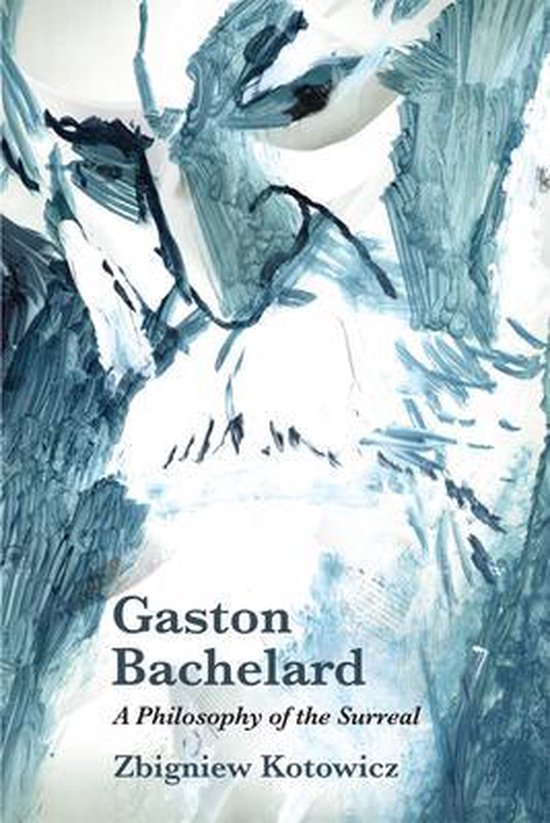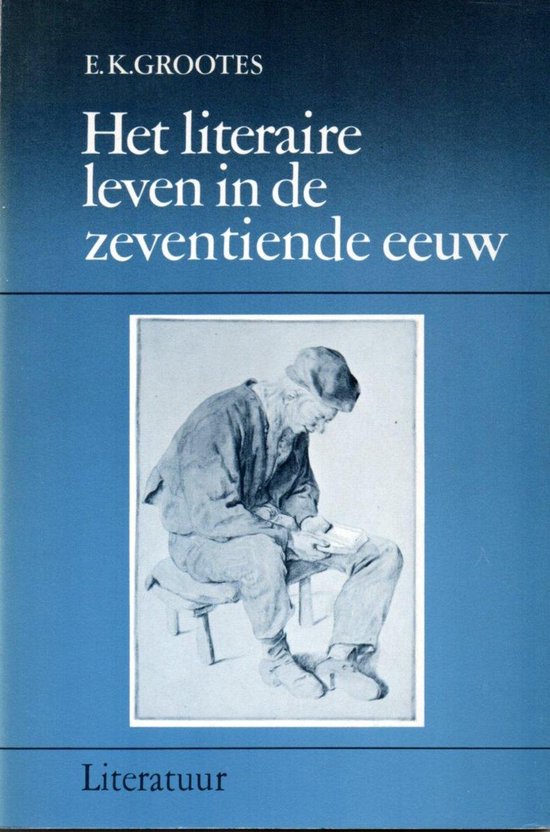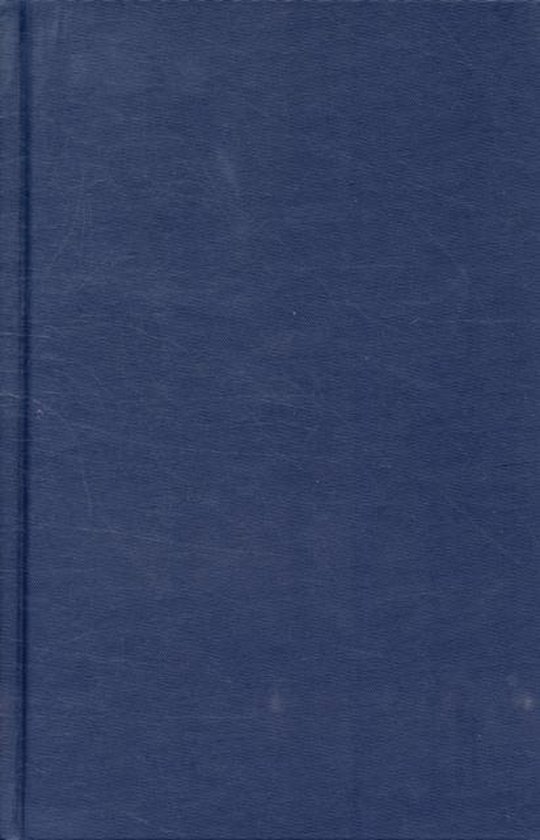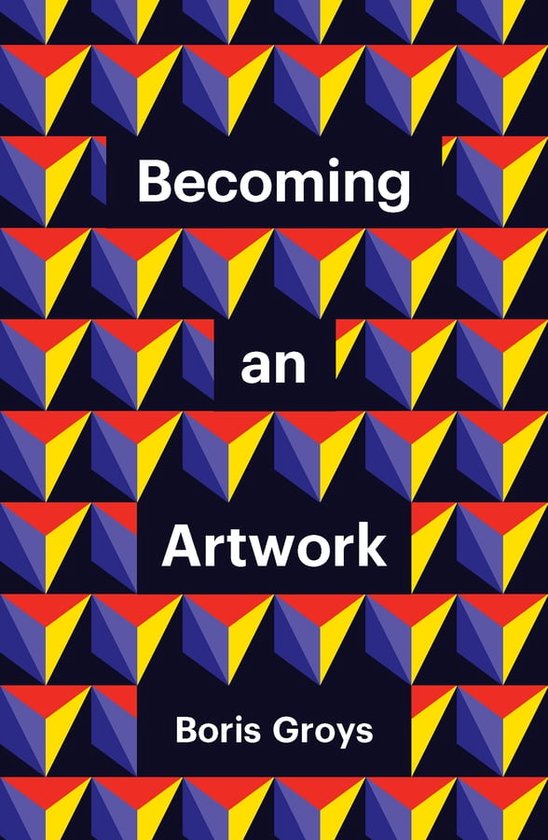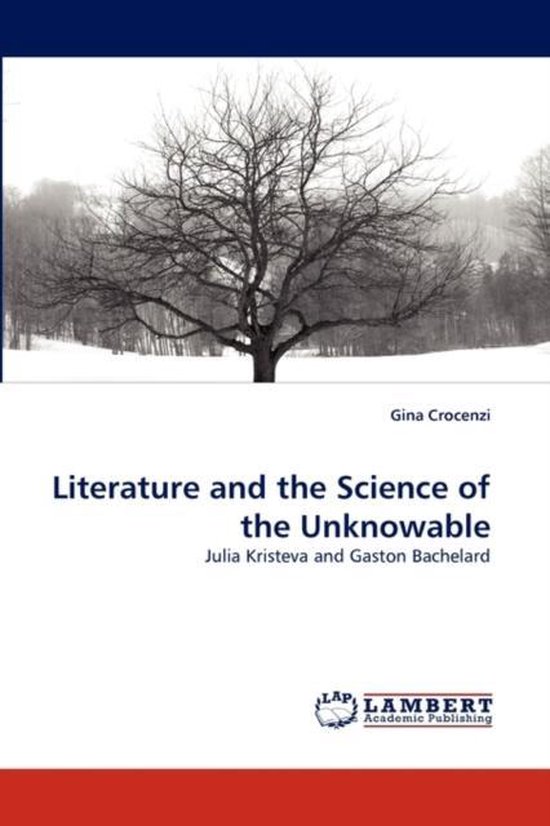
Literature and the Science of the Unknowable
Julia Kristeva and Gaston Bachelard are harbingers of an Absolute which is neither scientific nor artistic. Each recognizes the demise of the metaphysical Absolute, yet grapples with a need to replace it with a category that satisfies the perennial quest for meaning. Psychoanalysis, for Kristeva, is a science of the self which enlists both reason and imagination to construct a truth that is at once immanent and transcendent. Similarly, Bachelard resists any strict alliance with the rational or the aesthetic. A scientific relativist, he proposes a radical theory of "approximate knowledge;" at the same time, he posits the hyper-rational state of "cogito 4" as a quasi-metaphysical absolute. Later Bachelard sets forth his theory of the four elements - archetypes of the imagination that reveal an ontology of the aesthetic. Today, cosmologists such as Steven Weinberg envision an Absolute that is as elusive as that of Bachelard and Kristeva, one which defies conceptualization, yet compels scientific thought to reconsider classical notions of finality and truth.
| Auteur | | Gina Crocenzi |
| Taal | | Engels |
| Type | | Paperback |
| Categorie | | Religie, Spiritualiteit & Filosofie |
